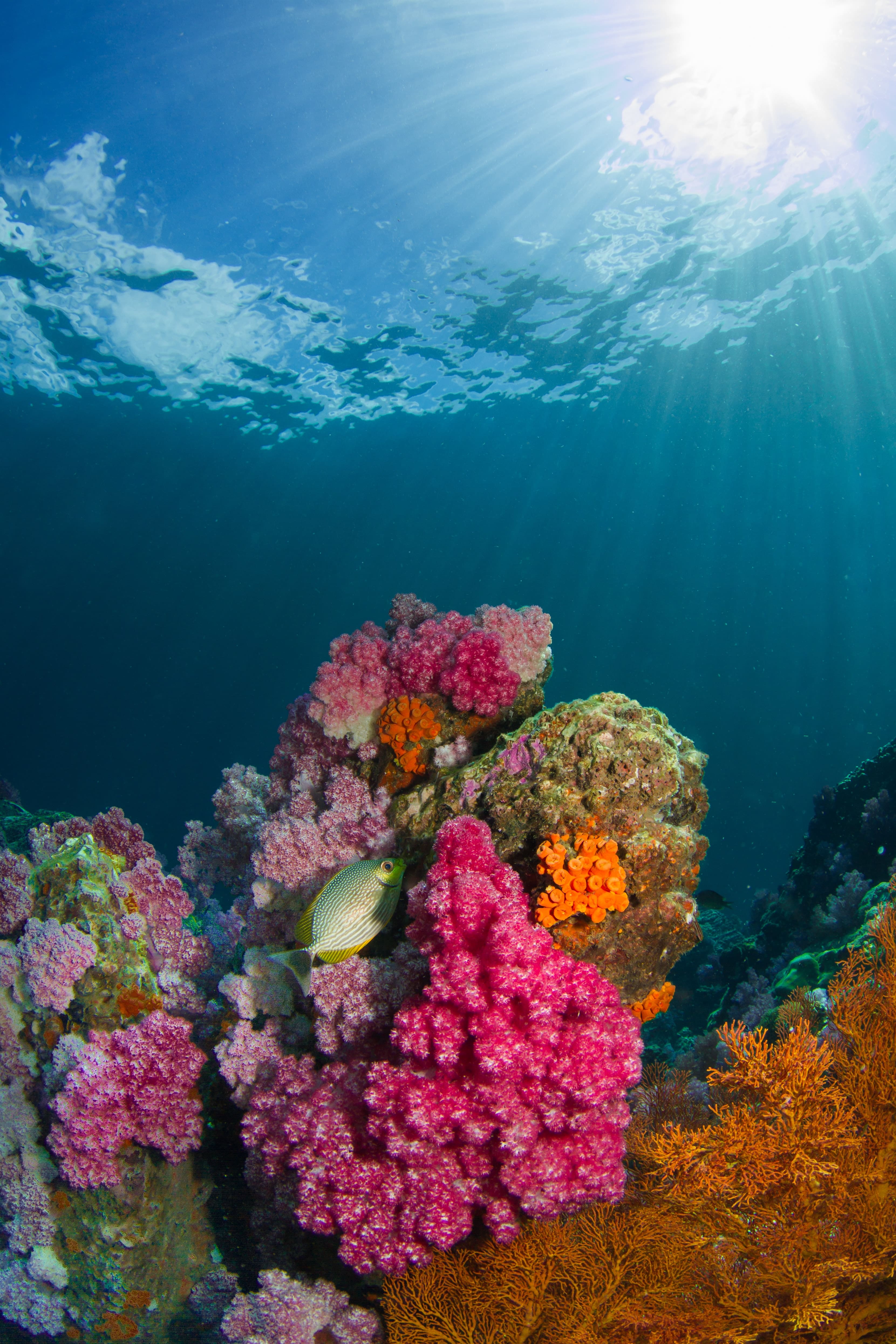Prioritize Sustainability in Rebuilding Tourism
The Zanzibar Case Study is the first in a global series of case studies that provideconcrete examples of how aquaculture can be incorporated into Marine Protected Areas (MPAs). It also highlights the importance of sharing conservation goals with the community while also outlining some of the critical issues that should be addressed on a case-by-case basis.
The case study investigates the effects of climate change and non-climate stressors on nearly every economic sector in Zanzibar, including tourism. This case study also examines various climate and tourism-related policy interventions implemented in Zanzibar.
The importance of marine conservation initiatives in protecting critical habitats in Marine Conservation Areas (MCAs) such as mangrove ecosystem lagoons, seagrasses, and coral reefs and enhancing sustainable artisanal fisheries and mariculture practices is highlighted.
The MCAs in Zanzibar mainly were established to provide fishery resources and are not intended to be ‘no-take zones.’ Indeed, given the reliance of many fishing families on marine resources as their primary source of income and survival, this would be unrealistic. Instead, they are concerned with promoting sustainable resource utilization in large areas through the use of a variety of techniques and methodologies.
Click HERE to learn more about these methodologies.


